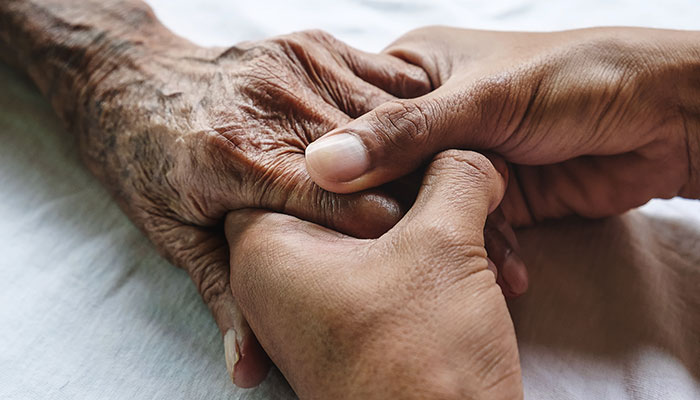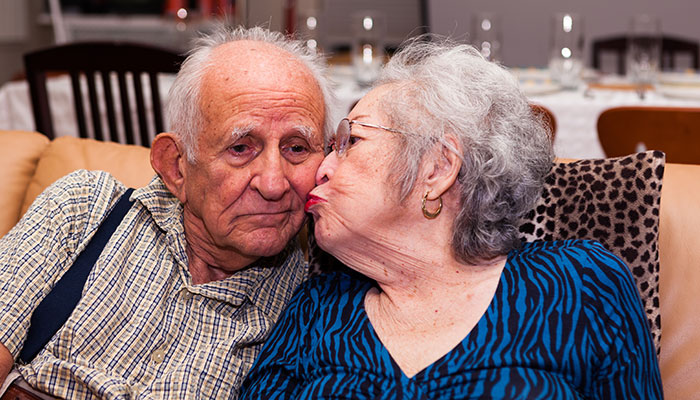At First Coast Safe at Home Solutions, we understand the pressures you are under as a family caregiver. This blog is designed to support you in the incredibly important work that you do.
As the greater Jacksonville experts in family caregiving, we have resources, tips and information that can make your life much easier.
If you would like help, give us a call at: 904-832-1986.











